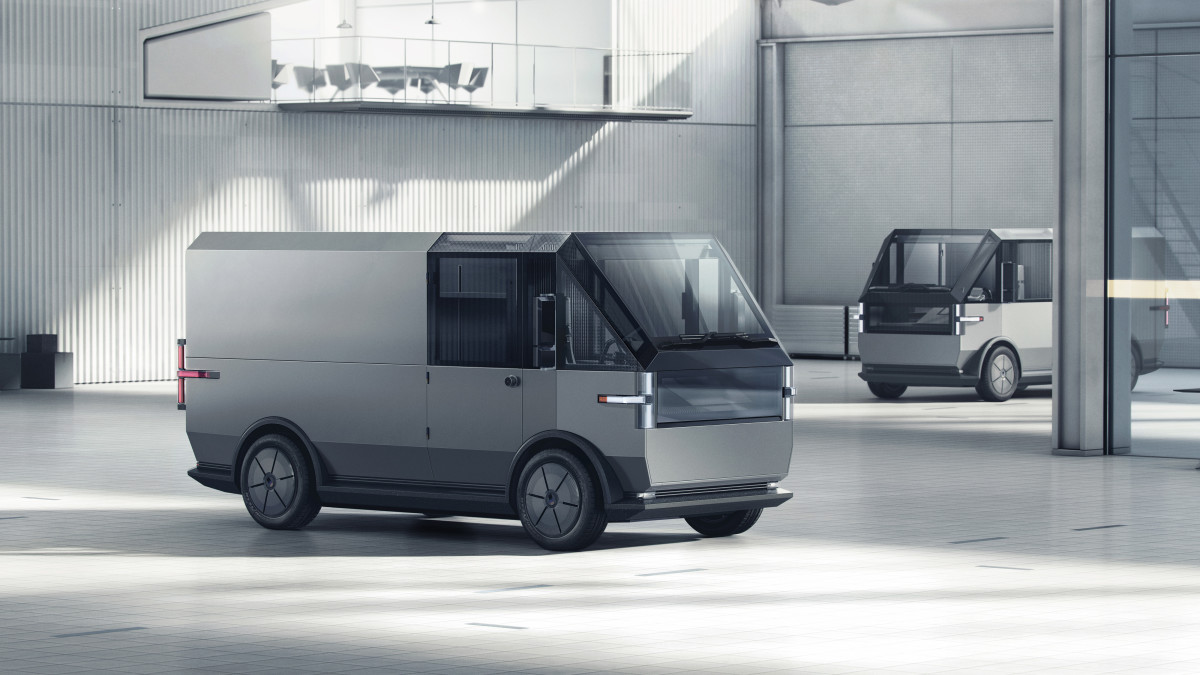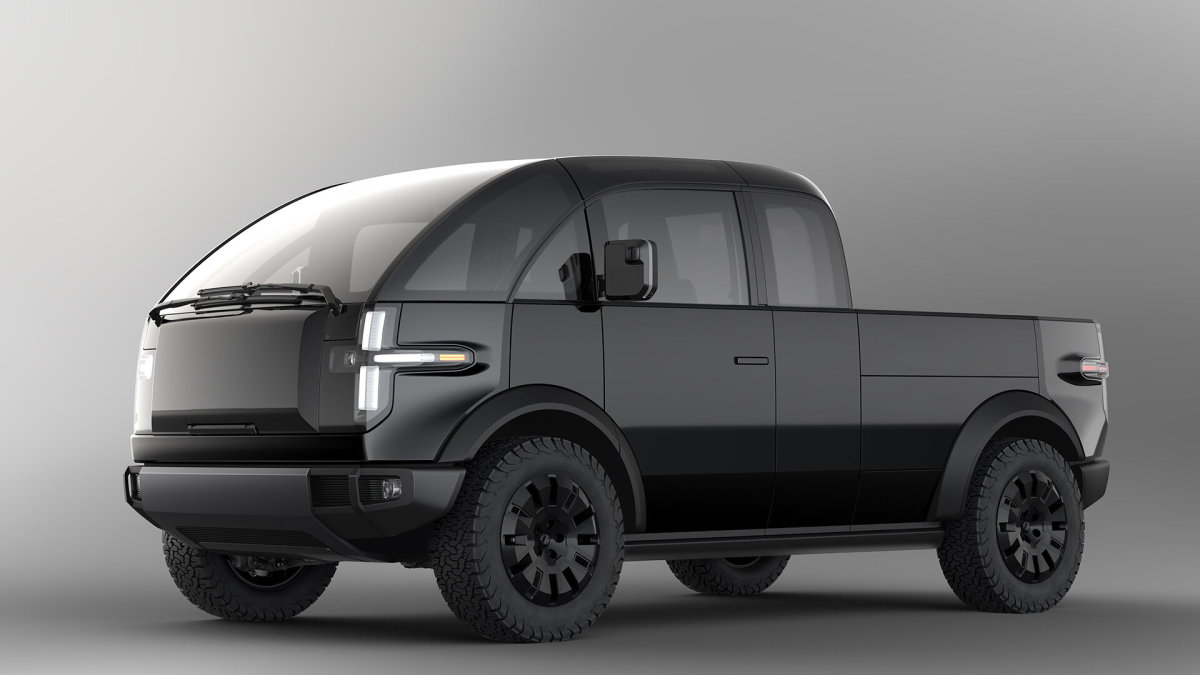Texas-based EV startup Canoo filed for Chapter 7 bankruptcy Friday, joining a growing list of failed electric vehicle manufacturers that initially blossomed in the wake of Tesla’s success, albeit one that required six years before realizing a quarterly profit.
Canoo’s filing in the U.S. Bankruptcy Court for Delaware signals that operations ended Friday and the company’s assets will be liquidated.
Established in 2017 by Stefan Krause, the former CFO of Deutsche Bank, and Ulrich Kranz, a former executive at BMW, Canoo unveiled its amoeboid-shaped, seven-passenger minivan that same year before adding the MPDV1, a square-sided delivery van aimed at fleet buyers rather than retail buyers. It now joins such failed EV startups as Fisker, Via Motors, Lordstown Motors Corp., and Proterra.
Related: Luxury EVs stumble, why buyers are flocking to affordable options
“We would like to thank the company’s employees for their dedication and hard work. We know that you believed in our company as we did. We are truly disappointed that things turned out as they did,” said Chairman and CEO Tony Aquila.
An ongoing effort
The company did manage to start production at its Oklahoma plant and even delivered a small number of vans to customers. However, this small production success hid bigger problems.
Despite reaching a high of 800 employees in 2021, Canoo’s workforce had diminished by November 2024, when it laid off another 30 workers. The following month, the remaining 82 workers were also laid off, even as the company sought additional funding either from a loan from the U.S. Department of Energy’s Loan Program Office or new backers, including overseas investors.

Canoo
In a sign of desperation, Canoo enacted a 1-for-20 reverse stock split last month. This move capped a year of searching for new funding to keep Canoo afloat, but it was all for naught.
Related: These Honda models could spawn from their potential merger with Nissan
Lots of initial interest led to eventual failure
For its part, the company attracted a lot of initial interest.
Hyundai planned to develop an EV platform with Canoo in 2020, although nothing came of the joint venture. If realized, it would have provided Canoo with the funding and manufacturing expertise it needed to stay afloat.
The company then decided to forego retail sales in favor of commercial ones.

Canoo
The U.S. Postal Service was looking to test six Lifestyle Delivery Vans (LDVs), while the Royal Mail, Great Britain’s postal service, was testing two Canoo vehicles itself. If successful, they were preparing to order 2,000 vehicles for their fleet. Walmart signed on for 4,500 LDVs in 2022, and even the U.S. Army was hooked, leading to Canoo refitting its pickup trucks to Light Tactical Vehicles.
The state of Oklahoma, where Canoo’s manufacturing plant was located, ponied up $100 million in tax breaks and incentives in 2023, which slowly led to the start of manufacturing early last year.
Related: This EV was BMW M’s top seller in 2024
Final thoughts
Whatever initial promise Canoo showed, it’s hard to see what the diminutive EV start-up had to offer that larger, better-funded manufacturers could not. Today, battery-electric vans are offered in the U.S. by BrightDrop, Ford, Mercedes-Benz, Ram, and Rivian, but not Canoo.
It is miraculous that Canoo survived as long as it did, given that in May 2022, the company warned that “there is substantial doubt about the Company’s ability to continue as a going concern.”
They were accurate, just off by a couple of years.
Related: Why Chrysler’s EV blueprint was destined to fail